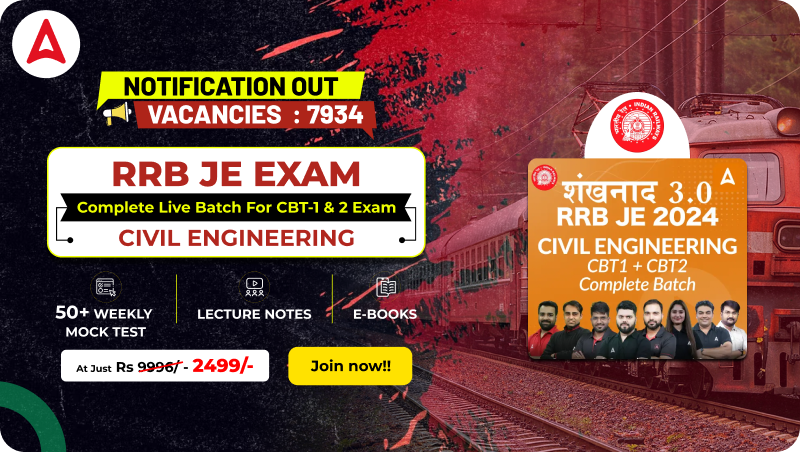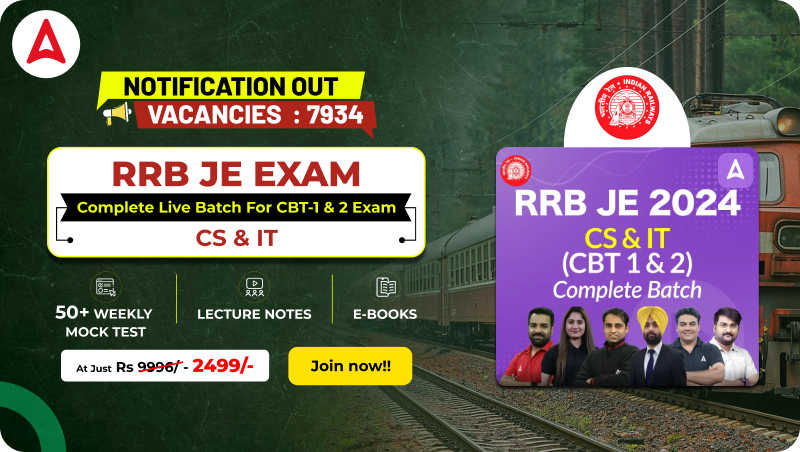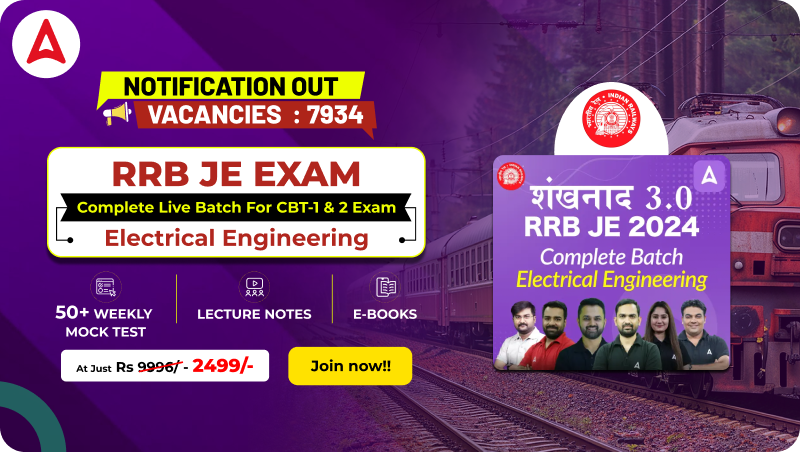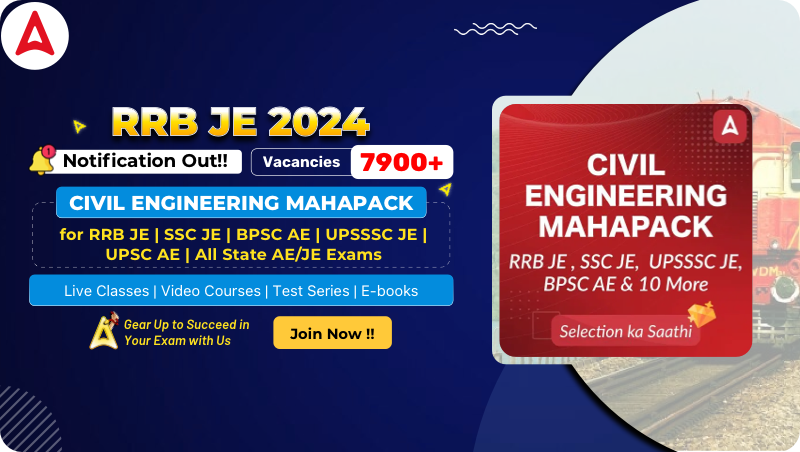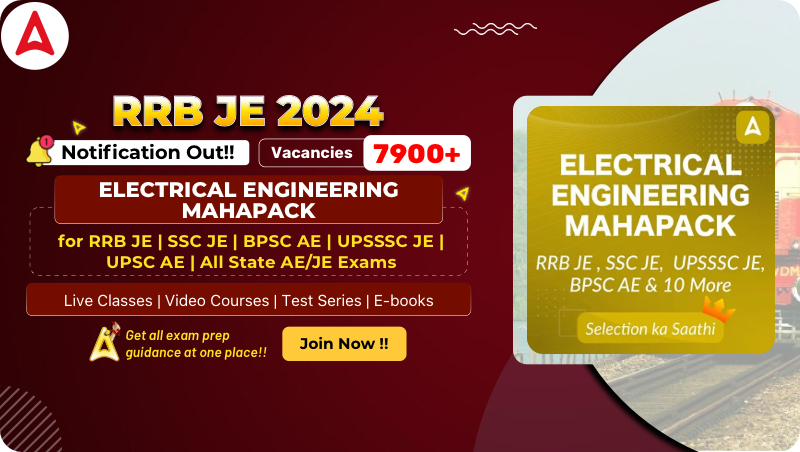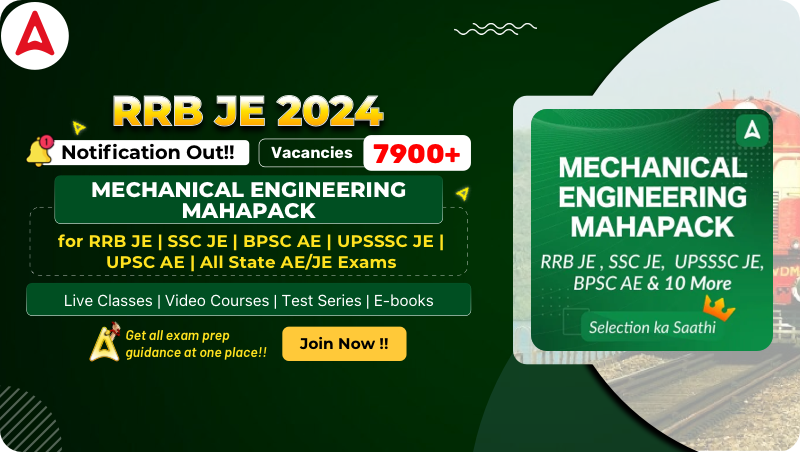Table of Contents
UPRVUNL JE Syllabus 2022
UPRVUNL JE Syllabus 2022: Uttar Pradesh Rajya Vidyut Utpadan Nigam Limited has released the official notification to recruit Junior Engineer (Trainee) Janpad & Pharmacist posts under UPRVUNL JE Recruitment 2022. A total of 33 Vacancies are announced under UPRVUNL JE Recruitment 2022. Interested candidates should fill out the application form through the official website from 29th August 2022 to 19th September 2022. The important information regarding UPRVUNL JE Syllabus 2022 is provided in the article for the ease of the candidate and must bookmark this website for more Engineering Job Updates.
Now keep yourself updated with Latest Engineering Government Jobs 24×7 Download ADDA247 App Now! CLICK HERE
UPRVUNL JE Syllabus 2022 Overview
UPRVUNL JE Syllabus 2022: A total of 33 Vacancies are announced under UPRVUNL JE Recruitment 2022 for Junior engineers. The important information regarding UPRVUNL JE Syllabus 2022 Recruitment is tabulated below for reference.
| UPRVUNL JE Syllabus 2022 | |
| Authority Name | Uttar Pradesh Rajya Vidyut Utpadan Nigam Limited |
| Posts | Junior Engineer (Trainee) Janpad & Pharmacist |
| No. of Vacancy | 33 |
| Job Category | Engineering Jobs |
| Advt. No. | U-49/UPRVUSA/2022 |
| Application Begins | 29th August 2022 |
| Application Ends | 19th September 2022 |
| Application Mode | Online |
| Selection Process |
|
| Official Website | @uprvunl.org |
UPRVUNL JE Syllabus 2022 Notification
UPRVUNL JE Syllabus 2022: The UPRVUNL JE 2022: Notification PDF is available for download through the direct link provided below. The last date to apply is 19 September 2022. Candidates are advised to kindly check the detailed notification carefully before filling out the application form.
Click Here To Download UPRVUNL JE Recruitment 2022 Notification PDF
UPRVUNL JE Syllabus 2022 Detailed Syllabus
UPRVUNL JE Syllabus 2022: The detailed UPRVUNL JE Syllabus 2022 for Civil Branch is provided below in detailed format. The questions will be completely based on the following topics.
Building Materials: Physical and Chemical properties, classification, standard tests, uses and manufacture/quarrying of materials e.g. building stones, silicate-based materials, cement (Portland), asbestos products, timber, and wood-based products, laminates, bituminous materials, paints, varnishes.
Estimating, Costing, and Valuation: estimate, glossary of technical terms, analysis of rates, methods and unit of measurement, Items of work – earthwork, Brick work (Modular & Traditional bricks), RCC work, Shuttering, Timber work, Painting, Flooring, Plastering. Boundary wall, Brick building, Water Tank, Septic tank, Bar bending schedule, Centre line method, Mid-section formula, Trapezoidal formula, Simpson’s rule. Cost estimate of Septic tank, flexible pavements, Tube well, isolates and combined footings, Steel Truss, Piles and pile-caps. Valuation – Value and cost, scrap value, salvage value, assessed value, sinking fund, depreciation and obsolescence, methods of valuation.
Surveying: Principles of surveying, measurement of distance, chain surveying, working of the prismatic compass, compass traversing, bearings, local attraction, plane table surveying, theodolite traversing, adjustment of theodolite, Levelling, Definition of terms used in levelling, contouring, curvature and refraction corrections, temporary and permanent adjustments of dumpy level, methods of contouring, use of a contour map, tachometric survey, curve setting, earthwork calculation, advanced surveying equipment.
Soil Mechanics: Origin of soil, phase diagram, Definitions-void ratio, porosity, degree of saturation, water content, the specific gravity of soil grains, unit weights, density index and interrelationship of different parameters, Grain size distribution curves and their uses. Index properties of soils, Atterberg’s limits, ISI soil classification and plasticity chart. Permeability of soil, coefficient of permeability, determination of coefficient of permeability, Unconfined and confined aquifers, effective stress, quick sand, consolidation of soils, Principles of consolidation, degree of consolidation, pre-consolidation pressure, normally consolidated soil, e-log p curve, computation of ultimate settlement. Shear strength of soils, direct shear test, Vane shear test, Triaxial test. Soil compaction, Laboratory compaction test, Maximum dry density and optimum moisture content, earth pressure theories, active and passive earth pressures, Bearing capacity of soils, plate load test, standard penetration test.
Hydraulics: Fluid properties, hydrostatics, measurements of flow, Bernoulli’s theorem and its application, flow through pipes, flow in open channels, weirs, flumes, spillways, pumps and turbines.
Irrigation Engineering: Definition, necessity, benefits, 2II effects of irrigation, types and methods of irrigation, Hydrology – Measurement of rainfall, run off coefficient, rain gauge, losses from precipitation – evaporation, infiltration, etc. Water requirement of crops, duty, delta and base period, Kharif and Rabi Crops, Command area, Time factor, Crop ratio, Overlap allowance, Irrigation efficiencies. Different type of canals, types of canal irrigation, loss of water in canals. Canal lining – types and advantages. Shallow and deep to wells, yield from a well. Weir and barrage, Failure of weirs and permeable foundation, Slit and Scour, Kennedy’s theory of critical velocity. Lacey’s theory of uniform flow. Definition of flood, causes and effects, methods of flood control, water logging, preventive measure. Land reclamation, Characteristics of affecting fertility of soils, purposes, methods, description of land and reclamation processes. Major irrigation projects in India.
Transportation Engineering: Highway Engineering – cross sectional elements, geometric design, types of pavements, pavement materials – aggregates and bitumen, different tests, Design of flexible and rigid pavements – Water Bound Macadam (WBM) and Wet Mix Macadam (WMM), Gravel Road, Bituminous construction, Rigid pavement joint, pavement maintenance, Highway drainage, Railway Engineering- Components of permanent way – sleepers, ballast, fixtures and fastening, track geometry, points and crossings, track junction, stations and yards. Traffic Engineering – Different traffic survey, speed-flow-density and their interrelationships, intersections and interchanges, traffic signals, traffic operation, traffic signs and markings, road safety.
Environmental Engineering: Quality of water, source of water supply, purification of water, distribution of water, need of sanitation, sewerage systems, circular sewer, oval sewer, sewer appurtenances, sewage treatments. Surface water drainage. Solid waste management – types, effects, engineered management system. Air pollution – pollutants, causes, effects, control. Noise pollution – cause, health effects, control.
Theory of structures: Elasticity constants, types of beams – determinate and indeterminate, bending moment and shear force diagrams of simply supported, cantilever, and overhanging beams. Moment of area and moment of inertia for rectangular & circular sections, bending moment and shear stress for tee, channel, and compound sections, chimneys, dams and retaining walls, eccentric loads, slope deflection of simply supported and cantilever beams, critical load and columns, Torsion of circular section.
Concrete Technology: Properties, Advantages, and uses of concrete, cement aggregates, the importance of water quality, water-cement ratio, workability, mix design, storage, batching, mixing, placement, compaction, finishing and curing of concrete, quality control of concrete, hot weather and cold weather concreting, repair and maintenance of concrete structures.
RCC Design: RCC beams-flexural strength, shear strength, bond strength, design of singly reinforced and double reinforced beams, cantilever beams. T-beams, lintels. One way and two way slabs, isolated footings. Reinforced brick works, columns, staircases, retaining wall, water tanks (RCC design questions may be based on both Limit State and Working Stress methods).
Steel Design: Steel design and construction of steel columns, beams roof trusses plate girders.
Important Engineering Govt. Job Pages
| SSC JE 2022 | RRB JE 2022 | GATE 2023 |
| RRB SSE 2022 | ISRO Scientist Engineer 2022 | AAI ATC Recruitment 2022 |
| FCI JE 2022 | PSU’s Jobs Through GATE 2023 | RPSC AE 2022 |
UPRVUNL JE Syllabus 2022 Exam Pattern
UPRVUNL JE Syllabus 2022: The detailed UPRVUNL JE Recruitment 2022: Exam Pattern are mentioned below, candidate check this section carefully.
- The duration of the Exam is 3 hours.
- The Question Paper will have questions in objective type based (MCQ)
- Each Correct answer will be awarded 1 Mark.
- 0.25 Marks will be deducted for every wrong question.
| Subject | No. of Questions | Marks |
|
200 | 200 |
UPRVUNL JE Syllabus 2022 FAQs
Q1. What is the UPRVUNL JE Syllabus 2022?
Ans. The UPRVUNL JE Syllabus 2022 is provided in the article.
Q2. What is the Exam Pattern for UPRVUNL JE Recruitment 2022?
Ans. The detailed UPRVUNL JE Exam Pattern is described on ADDA247 Website. Aspirants can refer to the article for more details.
Q3. How many vacancies are announced under UPRVUNL JE Recruitment 2022?
Ans. 33 vacancies are announced under UPRVUNL JE Recruitment 2022.



 NFL Recruitment 2024 Notification Out Fo...
NFL Recruitment 2024 Notification Out Fo...
 CSL Apprentice Recruitment 2024, Last Da...
CSL Apprentice Recruitment 2024, Last Da...
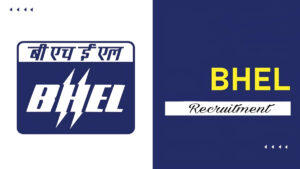 BHEL Apprentice Recruitment 2024, Last D...
BHEL Apprentice Recruitment 2024, Last D...


